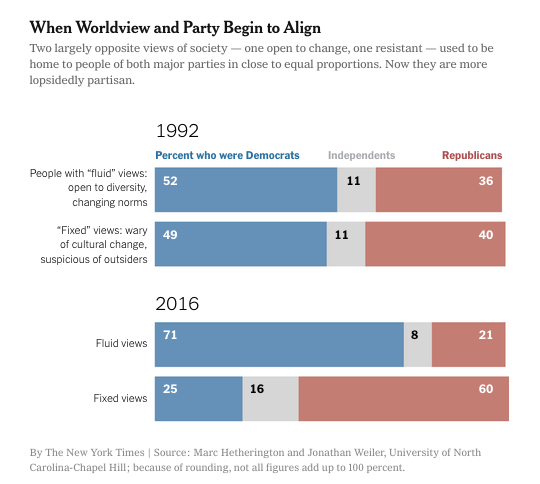When reporters asked President Trump last week if he bore any responsibility for the pipe bombs sent to many of his critics and adversaries, he declared his innocence:
“Not at all, no. There is no blame. There is no anything.”
At the same time, an Oct. 29 PRRI survey revealed that 69 percent of voters believe that Trump has “damaged the dignity of the presidency.”
Trump reinforced this public assessment in his answer to another question: Did he plan to phone any of the officials who had been targeted with bombs, including his predecessors in the White House, the Clintons and the Obamas? His reply:
“I think we’ll probably pass, thank you very much.”
These exchanges raise the same two questions that have been posed repeatedly during the Trump presidency:
How could this man have been elected to the highest office in the land? And how can Trump not only remain in office but, for the moment at least, appear to stand a reasonable chance of being renominated and even re-elected?
To get some answers to these questions, I turned to a 2018 paper by Ronald Inglehart and two fellow political scientists at the University of Michigan, as well as to a new book by Marc Hetherington and Jonathan Weiler, who are political scientists at the University of North Carolina-Chapel Hill.




